How Much Is Your Home Really Worth? How Property Valuations Work in Singapore
June 13, 2025
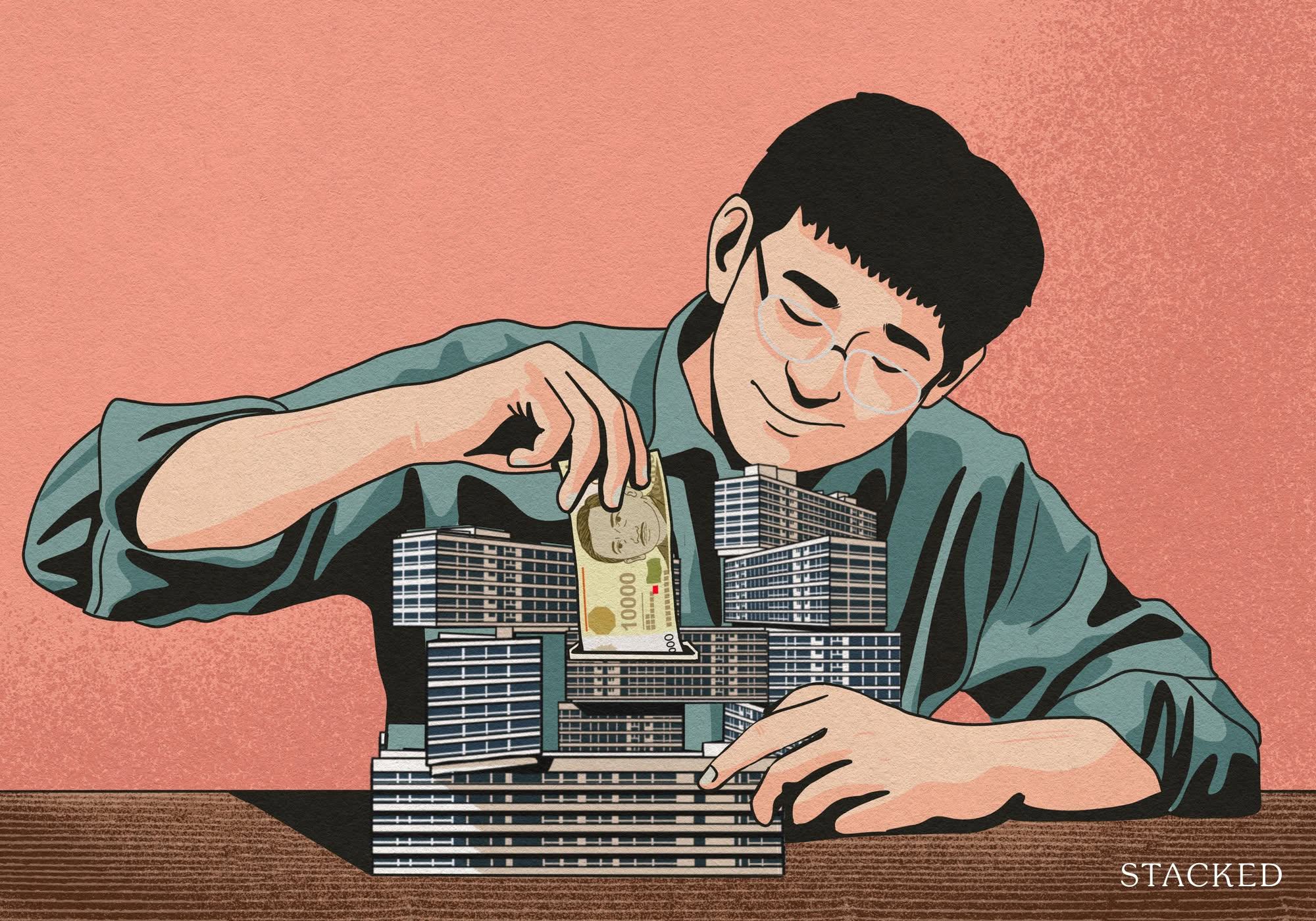
This is a landmine of a question that I’m forced to tiptoe around. The reason is that property valuation can be opaque, to put it lightly. Some industry experts will tell you it’s based on “Comparative Market Analysis supported by industry valuation standards and professional guidelines.”
Other, more disgruntled experts will tell you it’s based on the valuer grabbing a crystal ball, and pretending to be a wizard. But even if we close an eye to the methods of valuation, there’s no denying one major issue for home buyers and sellers: property valuations have a big impact on loan financing, and this has led many to suggest it’s nothing more than a way to get a bigger home loan. There’s a grain of truth in that, but the process is not just some con job either. Here’s the nuanced reality of what goes on:
To understand the importance of this issue, let’s first clarify the role of property valuation in your home loan
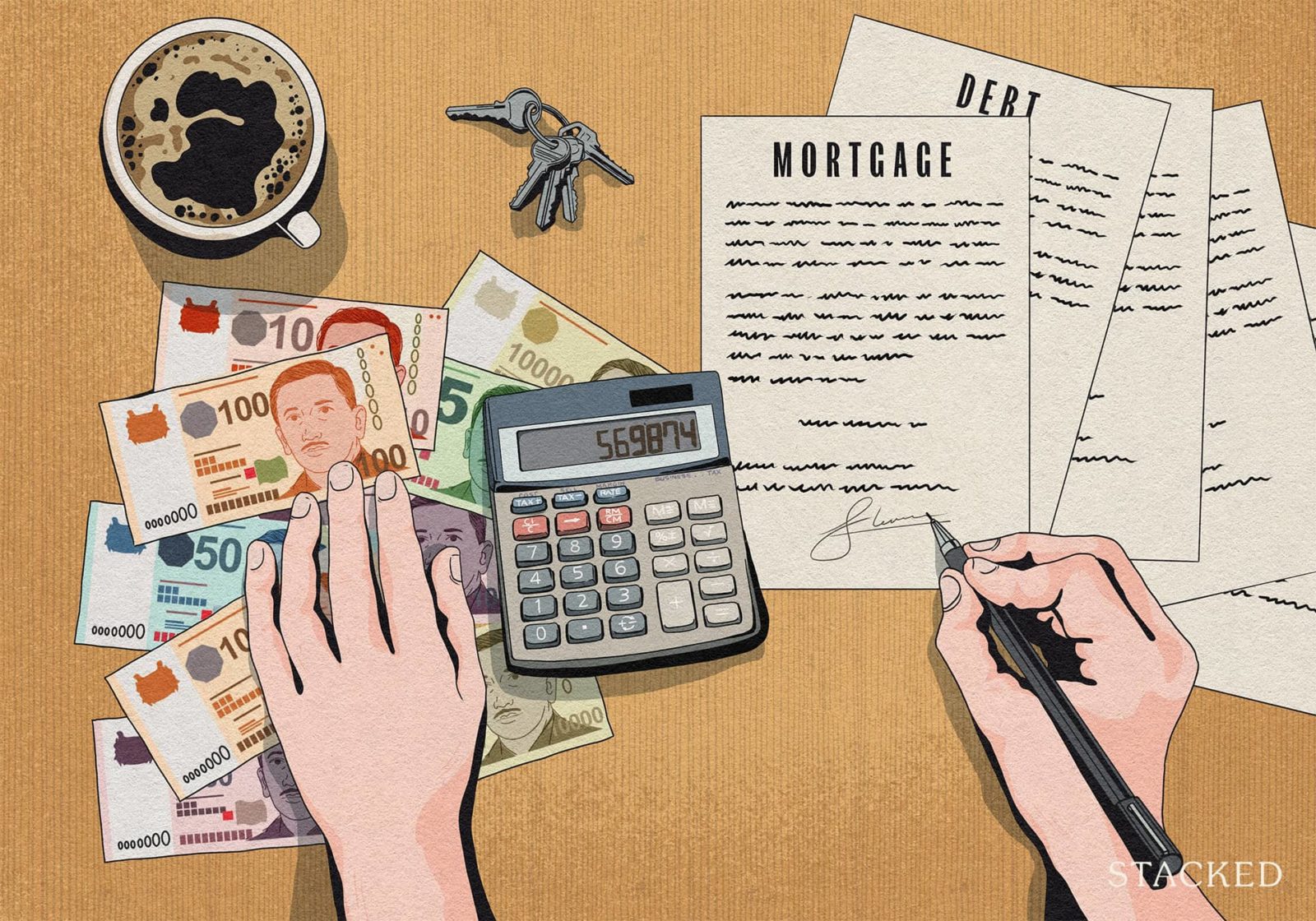
Under normal circumstances*, the maximum loan amount possible when buying your property is 75 per cent of the selling price or valuation, whichever is lower. This is referred to as the Loan To Value (LTV) ratio.
Because of the way the LTV works, you can face a shortfall when the seller’s asking price is higher than the valuation. For example:
Let’s say you’re buying a private condo. The seller wants $1.8 million, and you’re prepared to pay that because the unit has everything you want: high floor, nice view, minimal renovations. But when the bank’s valuation comes in, it’s $1.75 million.
So what happens?
Scenario Breakdown:
- Agreed purchase price: $1.8 million
- Bank valuation: $1.75 million
- LTV limit: 75% of the lower of the two = 75% of $1.75 million
- Maximum loan amount: $1.3125 million
- Cash + CPF downpayment (25% of $1.75 million): $437,500
This is a cash shortfall (difference above valuation) of $50,000. But remember the first five per cent of your property already needs to be paid in cash, when purchasing private property. So now you need the first five per cent in cash, plus $50,000 more.
Total out-of-pocket: Cash (minimum): $90,000 + $50,000 = $140,000
*The loan amount may be reduced by a wide range of factors, such as other outstanding home loans, advanced lease decay, your age and the loan tenure, etc. You can check out this article for more details.
With this in mind, we can start to understand why valuations matter to both buyers and sellers

For sellers, the valuation influences:
- The pool of eligible buyers: a higher asking price above valuation means fewer people can afford it without significant cash
- Negotiation leverage: Buyers will cite a low valuation as grounds to reduce the offer
- Transaction speed: Properties priced near valuation tend to close faster, especially if buyers are financing
There’s also the issue known as “being very suay,” which is when buyers find out another unit in your block/stack got a really low valuation, via their agent’s clever snooping. Then their interest, like their offer, might evaporate.
For buyers, the valuation influences:
- How much they can borrow
- How much cash they need to prepare upfront
- Whether the deal even goes through, if a shortfall pushes them beyond budget
The valuation issue leads to some odd buyer behaviour
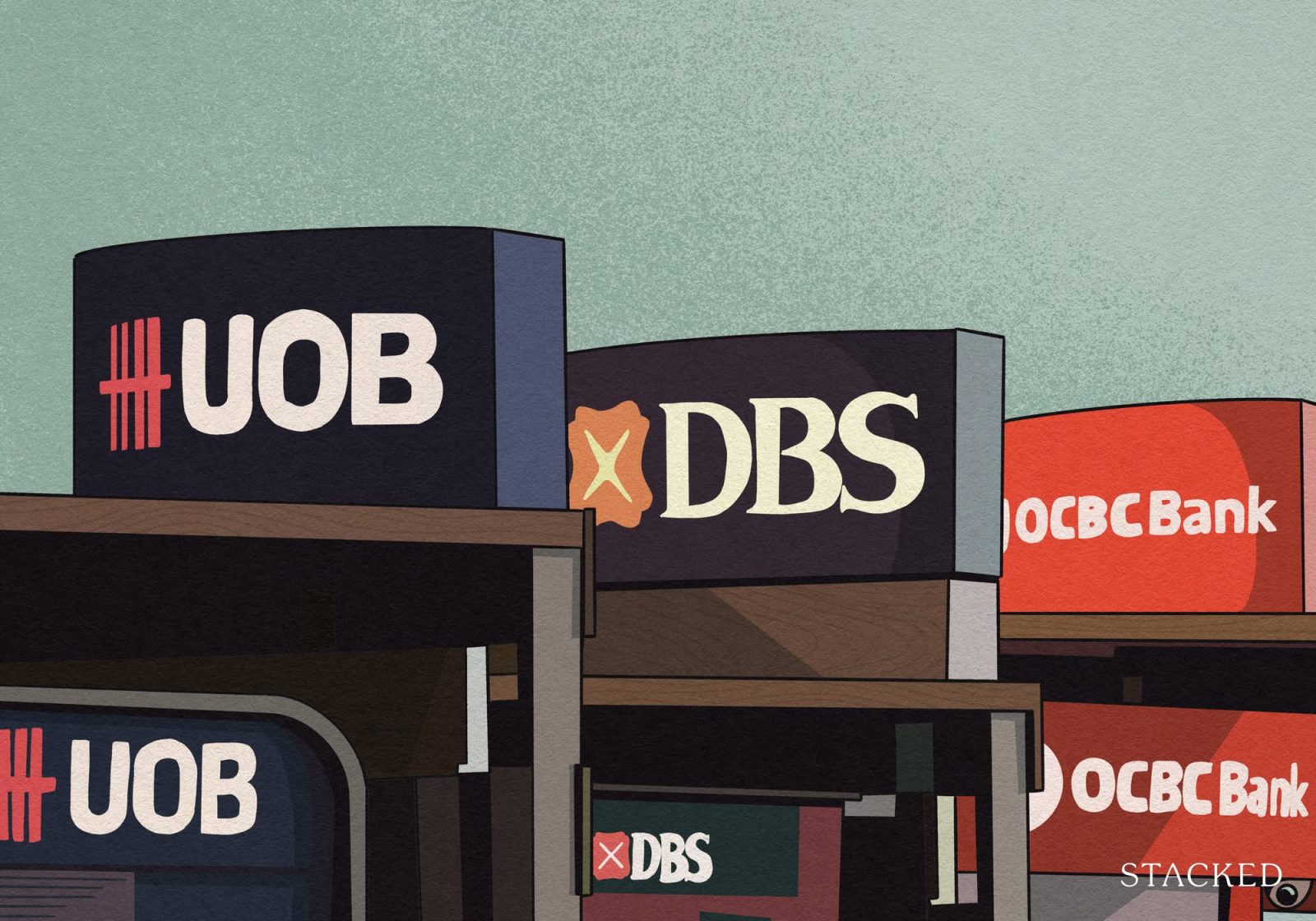
The most common example of this is shopping between banks, to try and find the bank which will use the highest possible valuation.
This can end up overriding other factors, such as the interest rate charged on the loan. E.g., a buyer may accept a loan interest rate of 3.75 per cent instead of 3.2 per cent, just because they don’t need to fork out as much cash.
It’s not unnoticed that mortgage bankers are incentivised to help push your loan through: their performance is based on how many loans they manage to sell after all. Inevitably, home buyers began to notice that – if a bank has a particularly high interest rate – one way their banker can still sell home loans is simply by accepting a higher valuation. How else would they differentiate loan products? Give another free pen that won’t write more than twice?
This has resulted in more than a few unpleasant whispers, and the eventual claim that property valuations are really just a way to “rubber stamp” a higher loan approval.
This isn’t helped by how opaque the valuation process tends to be
Most buyers never see the full breakdown.
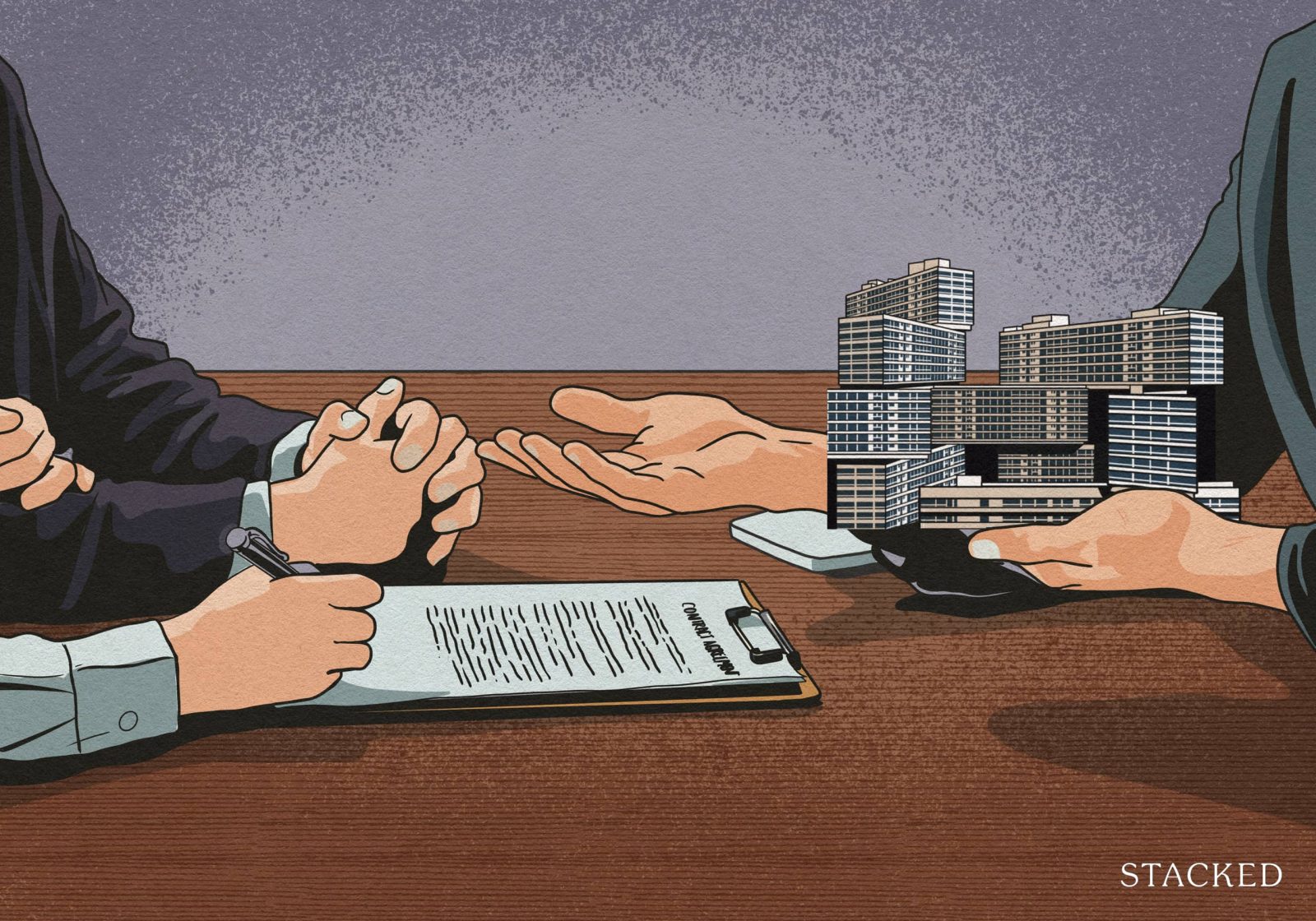
There probably won’t be someone explaining how the numbers were arrived at, what caveats were used for comparison, or why one bank’s valuer says $1.75 million while another says $1.8 million.
And because of that lack of transparency, it’s easy to see why many buyers start to view valuations as just a formality: a number that exists to make your loan work, not to reflect what the home is really worth.
It’s made even worse by ballpark valuations or online valuation tools, which can sometimes give wildly divergent numbers from the bank’s valuation. This adds more confusion to the process, and gives buyers false confidence about whether they can afford something.
I feel I’ve avoided many a heart attack, by preparing for a property to be worth 15 per cent less than my agent tells me it probably is.
How are valuations really done?
Contrary to derisive comments you might hear, it’s not someone throwing darts at a table of transactions.
There are qualifications required; a relevant bachelor’s degree like Real Estate or Property Valuation from an accredited university, like NUS; and valuers need an Appraiser’s Licence from IRAS under the Appraisers Act.
It typically requires at least two years of supervised hands-on valuation experience to get the valuer’s job, and you must be a Member (or Fellow) of the Singapore Institute of Surveyors and Valuers (SISV).
As for the process itself, valuers rely on recent transaction data of comparable properties, usually within the same development or nearby area. Adjustments are then made for:
- Floor level
- Orientation
- Renovation condition
- Time lag from past transactions
The reason for any discrepancies is that some data can be interpreted in varying ways. It’s quite subjective, for instance, how renovation conditions could affect the price.
I’d also point out that valuers can get into trouble if they’re just making it up. There have been legal situations where a valuer has had to appear in court, to defend their numbers.
So…is it all just a rubber stamp or a scam?
It would be unfair to say valuations are merely a loan-enabling tool, and I definitely don’t think they’re a scam – although the nature of the process makes it look that way to some.
There are professional standards involved, and reputable valuers rely on recent transactions, comparables, and market data. But the reality is that valuations are an art as much as a science. There’s almost always variance between their numbers, and it just so happens that this impacts the loan approval process.
(Ps. I’ve even heard some people claim it’s more suspicious if the valuation aligns curiously well with the agreed price. There’s just no winning against the rumour mill.)
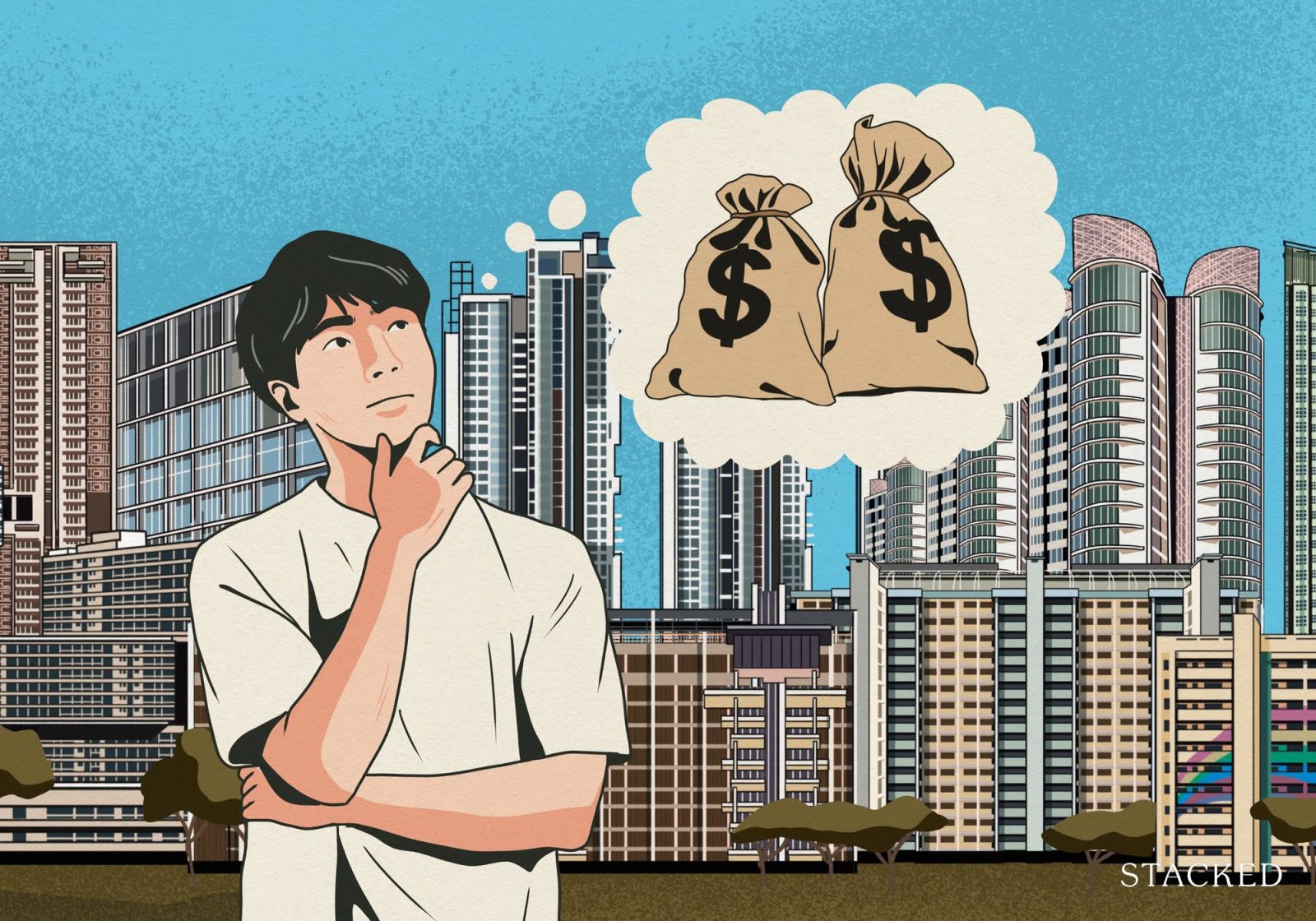
From the buyer’s point of view, the practical concern is this:
- Do you pick the bank with the best rate, or the one with the most generous valuation?
- Do you take the clean deal now, or risk a shortfall that means scrambling for extra cash?
If you find all this distasteful and overly complicated, there are two simple solutions: the first is to save up a larger amount or budget less. This ensures that, if the asking price is high above the valuation, you can probably cover the shortfall without turning to a more expensive bank.

The second solution is to buy a new launch condo. So yes, it also involves paying more money, albeit in a different way. When you purchase directly from the developer, the developer’s price typically becomes the valuation, since it sets the benchmark for that unit type. So there’s no discrepancy between the price and valuation.
At Stacked, we like to look beyond the headlines and surface-level numbers, and focus on how things play out in the real world.
If you’d like to discuss how this applies to your own circumstances, you can reach out for a one-to-one consultation here.
And if you simply have a question or want to share a thought, feel free to write to us at stories@stackedhomes.com — we read every message.
Ryan J. Ong
A seasoned content strategist with over 17 years in the real estate and financial journalism sectors, Ryan has built a reputation for transforming complex industry jargon into accessible knowledge. With a track record of writing and editing for leading financial platforms and publications, Ryan's expertise has been recognised across various media outlets. His role as a former content editor for 99.co and a co-host for CNA 938's Open House programme underscores his commitment to providing valuable insights into the property market.Need help with a property decision?
Speak to our team →Read next from Property Advice

Property Advice We Can Buy Two HDBs Today — Is Waiting For An EC A Mistake?

Property Advice I’m 55, Have No Income, And Own A Fully Paid HDB Flat—Can I Still Buy Another One Before Selling?

Property Advice We’re Upgrading From A 5-Room HDB On A Single Income At 43 — Which Condo Is Safer?

Property Advice We’re In Our 50s And Own An Ageing Leasehold Condo And HDB Flat: Is Keeping Both A Mistake?
Latest Posts

Singapore Property News Nearly 1,000 New Homes Were Sold Last Month — What Does It Say About the 2026 New Launch Market?

Property Market Commentary How I’d Invest $12 Million On Property If I Won The 2026 Toto Hongbao Draw

Overseas Property Investing Savills Just Revealed Where China And Singapore Property Markets Are Headed In 2026


















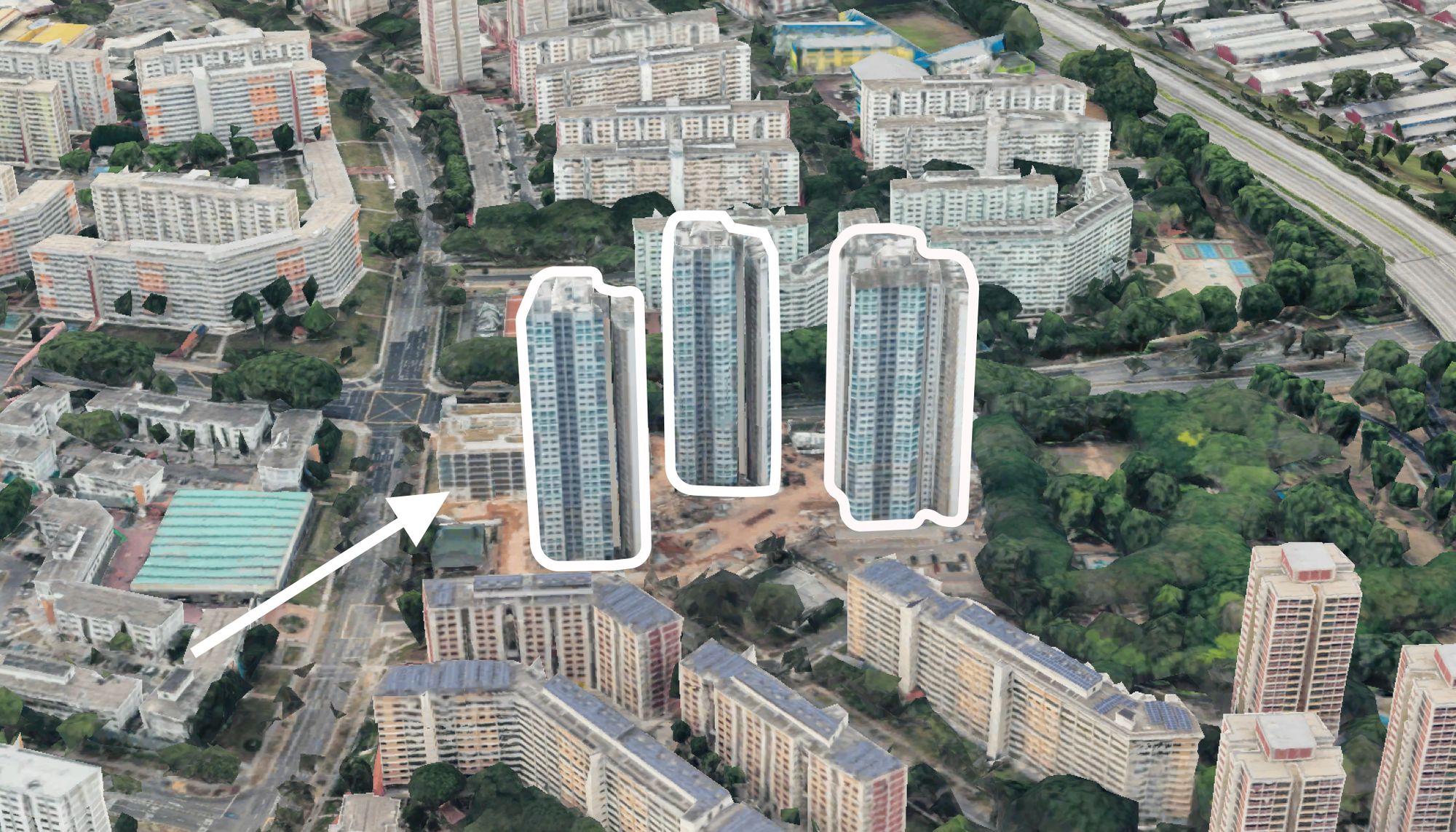
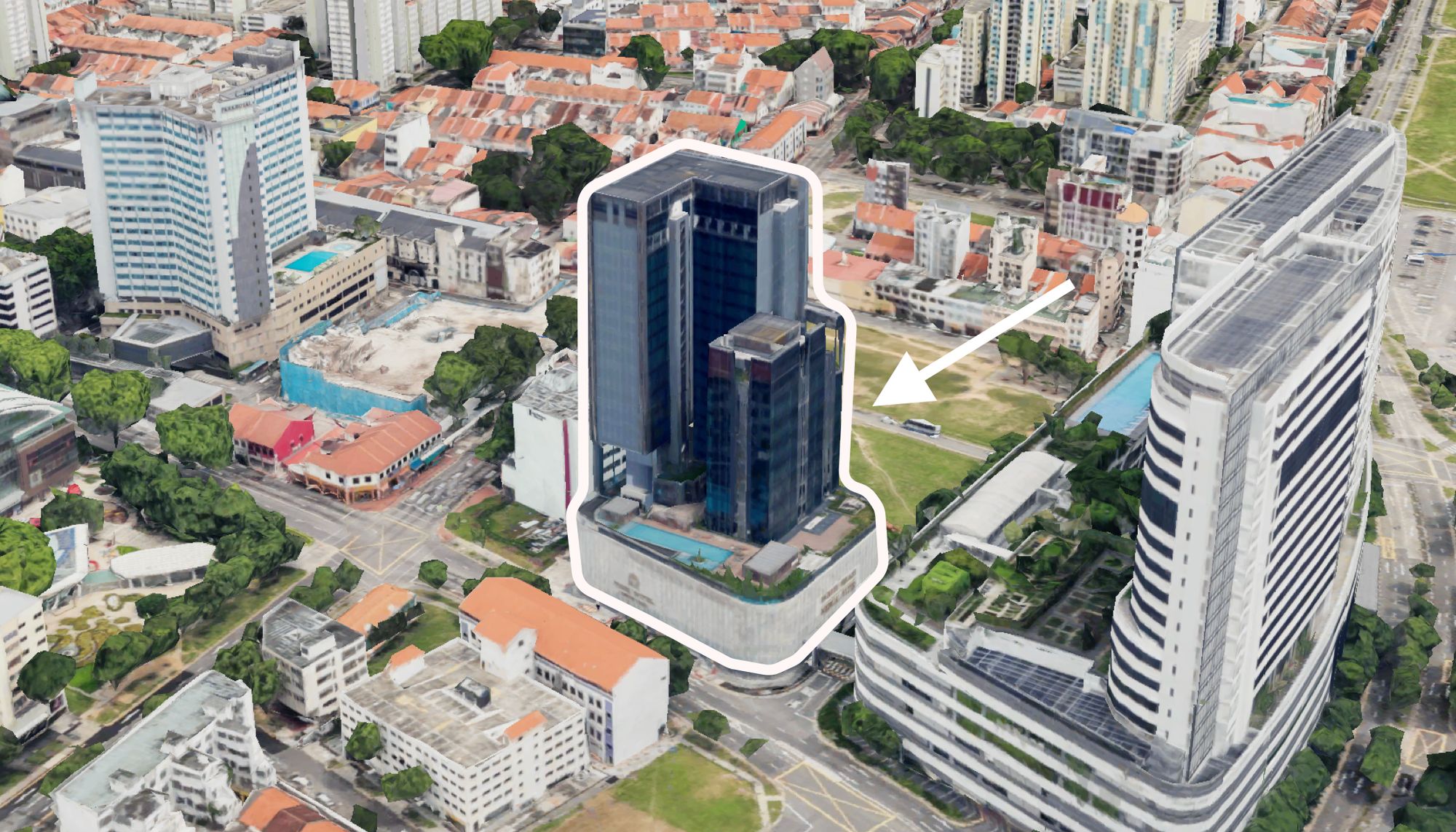











0 Comments